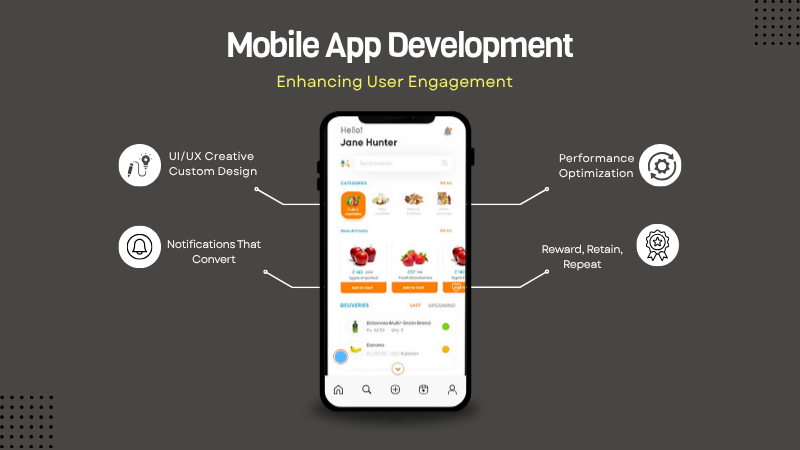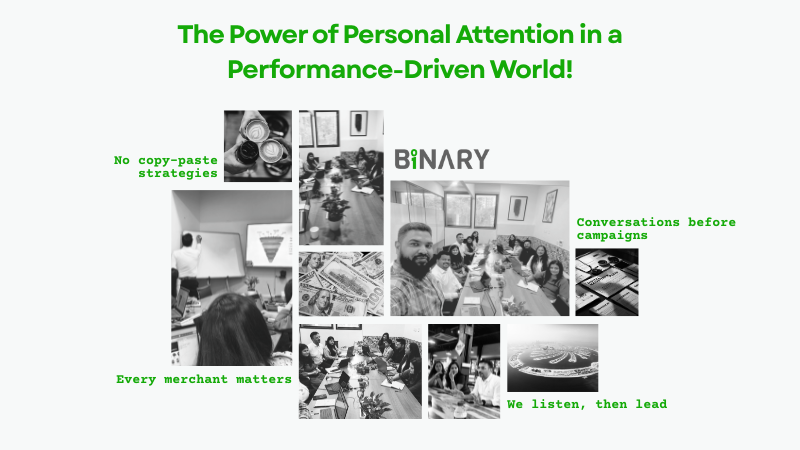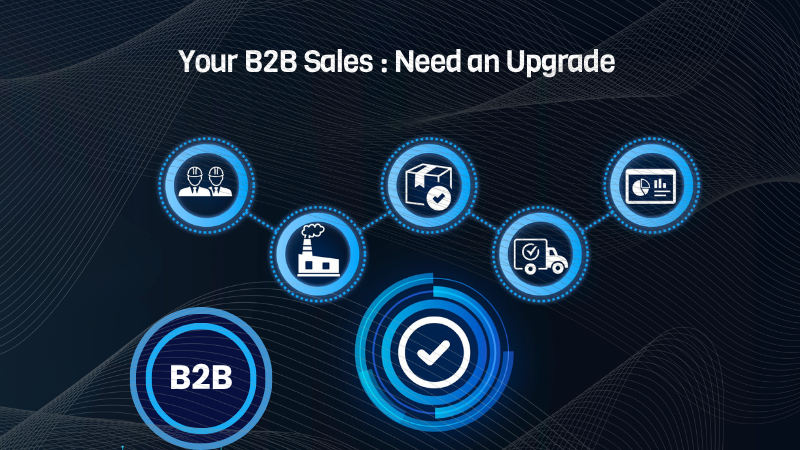E-commerce is no longer just about selling—it’s about scaling, optimising, and staying ahead of the competition. But when it comes to managing your brand’s e-commerce operations, the big question remains: Do you build an in-house team, rely on a marketplace, or partner with experts?
Each path has its advantages, but the wrong choice can lead to high costs, operational inefficiencies, or limited control. Let’s break it down so you can make an informed decision.
Option 1: In-House E-Commerce Team – The High-Control, High-Cost Model
An in-house team gives you full control over branding, customer experience, and strategy, but that control comes at a price.
✅ Pros:
- 100% ownership of operations, marketing, and data.
- Direct control over customer experience.
- Customisation and flexibility in execution.
❌ Cons:
- High hiring and operational costs.
- Requires deep expertise across tech, logistics, and marketing.
- Scaling requires significant investments in infrastructure and talent.
Best for: Established brands with the resources and expertise to build and sustain an in-house e-commerce division.
Option 2: Selling on Marketplaces – The Fastest Way to Scale (But at a Cost)
Marketplaces like Flipkart, Amazon, and Myntra offer instant visibility and access to a large audience, but they come with limited control over branding, high commission fees, and increased competition.
✅ Pros:
- Quick setup with built-in traffic and logistics.
- No need to manage tech infrastructure.
- Access to a vast customer base.
❌ Cons:
- High commission fees eat into margins.
- Limited control over branding and customer relationships.
- Increased competition with other sellers (including the marketplace’s own brands).
Best for: New or small brands looking for quick sales without investing heavily in their own tech and logistics.
Option 3: Partnering with an E-Commerce Expert – The Smart Middle Ground
Managed e-commerce partners like Binary bridge the gap between marketplaces and in-house operations. They provide expert guidance, operational efficiency, and scalability without the heavy investment of an in-house team.
✅ Pros:
- Access to expertise across marketing, operations, and logistics.
- Scalable solutions without massive upfront investments.
- More control than a marketplace while reducing operational burdens.
❌ Cons:
- Requires finding the right partner with proven expertise.
- Some level of dependency on external support.
Best for: Brands that want to scale without building an in-house team but still want more control than a marketplace allows.
Which Model Is Right for You?
Choosing the right model depends on your brand’s growth stage, budget, and long-term goals. If you’re well-funded and want full control, in-house is the way to go. If you need quick sales, marketplaces offer immediate traction. But if you’re looking for a scalable, cost-efficient, and expert-driven approach, partnering with an e-commerce specialist like Binary can be the smartest move.
In the evolving e-commerce landscape, the brands that succeed are those that don’t just sell—but build sustainable, scalable businesses.

















